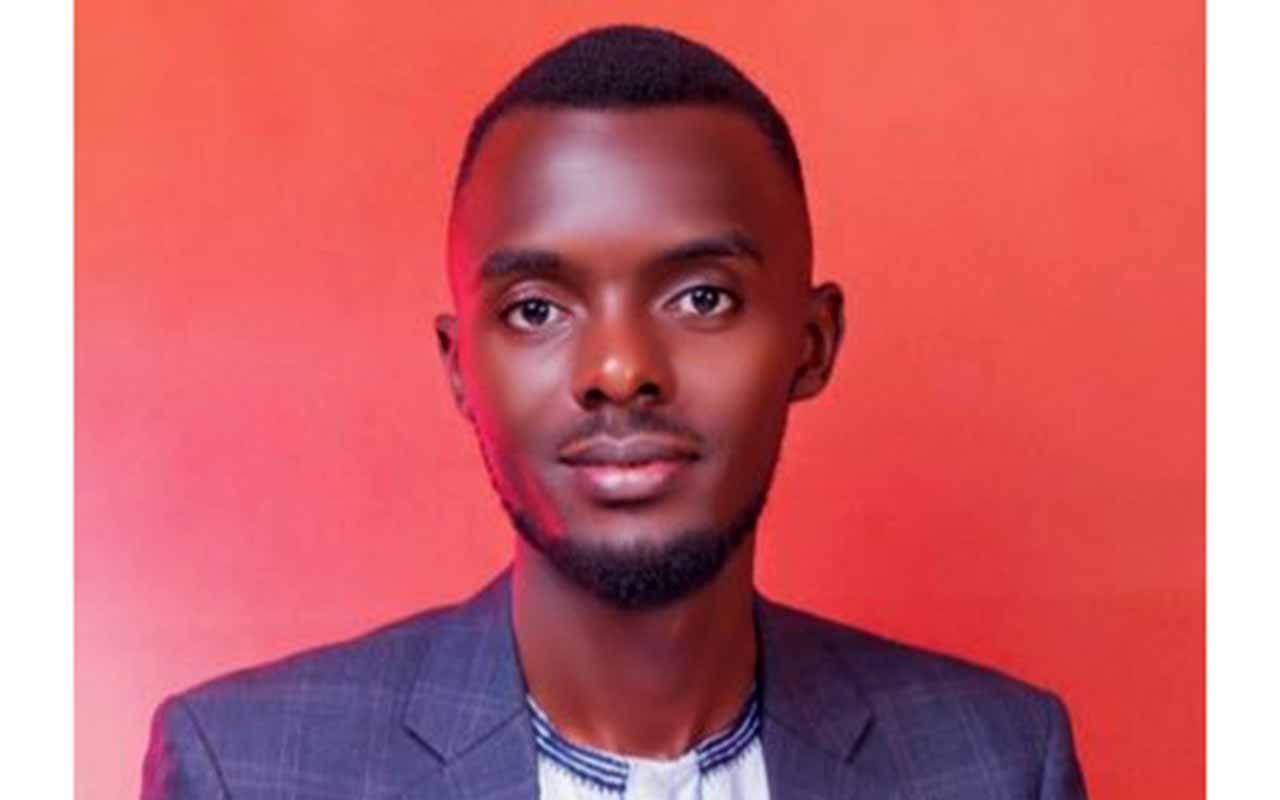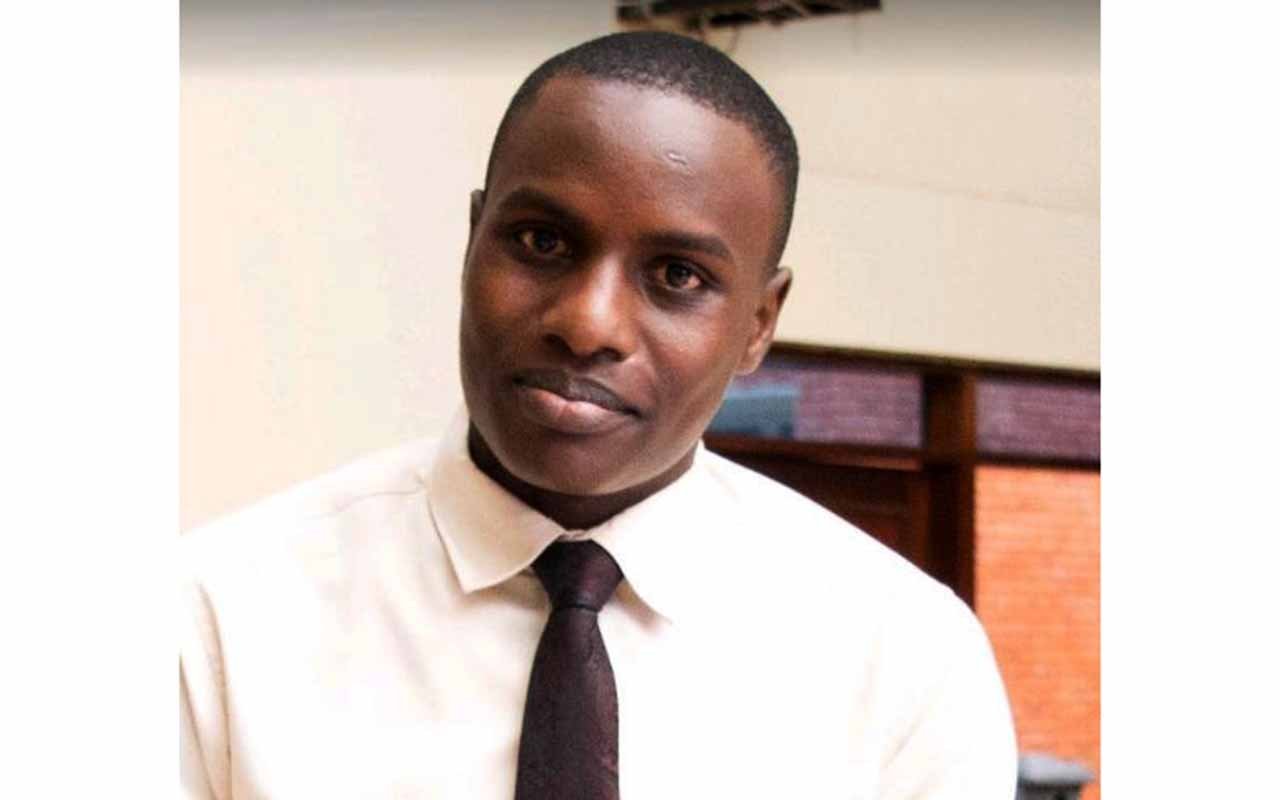
Mr Charles Onyango-Obbo
Like many before him, another Ugandan politician has heard the cry of his people, forgiven them for voting for his opponent at the last election, and will offer them his services in 2026.
According to a report in the Daily Monitor, State Minister for Micro Finance, Haruna Kyeyune Kasolo, has declared he will contest for the Kyotera County Parliamentary seat in 2026, after losing it in 2021.
“Kasolo in 2022 vowed never to go back to Kyotera, saying he was eyeing Bukoto Central…in neighbouring Masaka, a seat currently occupied by the Democratic Party’s Richard Ssebamala”.
Kasolo groused then that the electorate in Kyotera had betrayed him. Now he says “NRM supporters in Bukoto Central have been persuading me to stand in 2026 yet my people in Kyotera also need me. So, I have weighed both options and taken a bold decision to come back here [Kyotera] and reclaim my seat”, he said, “amid ululations from his supporters.”
Kasolo is not in the mood, but since everyone wants him and he can’t cut himself in two, he has forgiven the treacherous voters of Kyotera County and given them an opportunity to atone for their sins in 2026. Sorry Bukoto Central. Kasolo is not alone.
You have probably never met a Ugandan or African politician who said he/she was running for Parliament or the presidency because they want it for themselves, or believes he is the best person to fix the constituency or country.
I know of only two exceptions, one of them being President Yoweri Museveni, although even he is honest about only it like once every two years when he is speaking in anger.
Remember not too long ago when some people said he was greedy for power and should remember that as president he was a ”servant” of the people? He didn’t like that servant bit and said he worked for himself, and his grandchildren.
On a couple of occasions, he has said no one asked him to go to the bush and fight a guerrilla war. He went on his own revolutionary volition. Few other politicians dare say such things.
Otherwise, the rest of the politicians speak about delegations that came from their area and begged them to stand to stand for Parliament. Sometimes it doesn’t take half the village. They will tell you that the bishop came to see them at home on a Sunday evening when they were about to start watching the Manchester vs Arsenal match, and popped the proposal.
“I wondered what would have brought the bishop to my house on a Sunday at 6 pm, I knew there was something big”, he will tell you.
There are those whom delegations come to see. Then some are summoned by elders to appear before them, to receive the burden of leading the people to the Promised Land. They will report back that they listened, but asked for time to consider the elders’ proposal.
In the meantime, one will tell you that he sought an audience with his former school headmaster who he respects a lot, his pastor, or his favourite aunt, to run by them what the elders proposed and seek their advice.
They will present the contest as a sure coronation, but events on the ground usually prove they might have lied. Many of these people whose people begged them to stand, lose, and are left bankrupt, having wagered everything on the election. The people, they then claim, betrayed them.
It is not clear why so many people are embarrassed to admit that they want political power. Perhaps they need to feel important because only someone with some substance or clout will be approached to become an MP. That said, there are many people who have been approached by delegations to stand.
I know people who got together and approached sons and daughters of the soil to stand for office. Over the years, I have been present on at least three occasions when such delegations presented themselves before my friends to urge them to run for elective office.
Their motivations are more intriguing than those of the superficially not-in-the-mood politicians. A few of them are genuinely concerned about the welfare of their communities, and want the best to lead them.
However, today, for most of them it is proactive patronage. They are booking their place at the head of the queue to get groceries in case their candidate wins. That is why the smart ones don’t approach just one candidate.
Usually, they will have as many as three candidates in the race. Delegations don’t go to ask the village barber under a mango tree to run for Parliament. They usually approach someone who can write a cheque. It is political arbitrage at its best. They offer us valuable insight into the architecture of our crooked political market.







